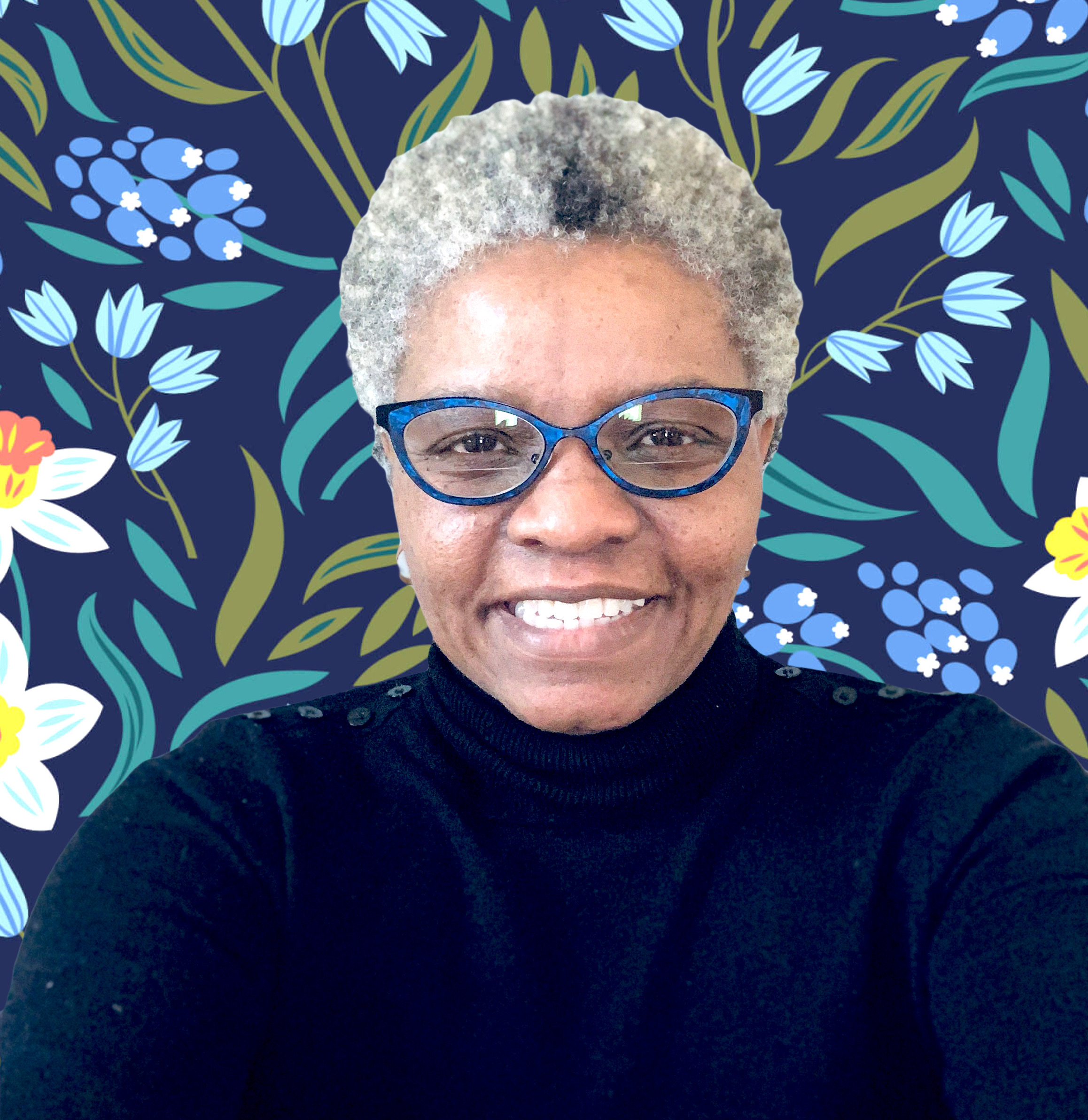Associate Dean of Students and Diversity Initiatives at Muhlenberg College in Allentown, PA
Robin is the Director of the Office of Multicultural Life (OML) and the Multicultural Center at Muhlenberg College. OML is the hub of cultural exchange, supporting 18 affinity groups, including community advocacy groups and ethnic/racial, gender/sexuality, and alternative arts communities. In her role, Robin utilizes dialog, collaboration, and action to promote and facilitate cross-cultural learning communities. Robin serves on several Muhlenberg College committees: the President’s Diversity Advisory Council, Health and Wellness, and the Athletic Diversity Council. Robin currently serves on two local boards, New Bethany Ministries and Allentown West End Alliance. She previously served as an Allentown Human Relations Commissioner.
Q: What drew you to restorative practices?
A: In my work with students, there is an expectation that they will mature and experience new and diverse perspectives. It is in this period of student development where the possibility of interpersonal discord and potential harm can occur. Traditional systems dealing with conflict focus on punishment and compensation. I was looking for a method where each participant in conflict had an opportunity to learn from a difficult experience. Restorative practices provides support for growth by attending to both those who have harmed and those who have been harmed.
Q: How do you integrate restorative practices into your work?
A: I actively incorporate circles in my interactions with students and staff. I intentionally seek to delegitimize hierarchies and make space for listening and sharing. When I facilitate conflict resolution, participants have time to reflect on what has been harmful and how they may have contributed to the harm; this invites introspection and mutual understanding of individual experiences.
Q: How has working with restorative practices changed the way you approach your work?
A: In my role, my primary responsibility is to work with others to build an inclusive community. There are several challenges to doing this work, including ignorance, racism, sexism, homophobia, and ableism. Restorative practices is a source of light leading us toward community – especially when the path is littered with obstacles.
Q: What impact do you think restorative practices can have on higher education?
A: The integration of restorative practices in higher education reminds students, staff, and faculty that our humanity can never be an afterthought. The act of restoration in interpersonal relationships provides a space for reconciliation with mutual respect and/or understanding of the other.
Q: What tips do you have for those looking to integrate practices into their spaces?
A: Take time to get to know yourself. Who do you want to be? How can you foster a positive relationship? Practice listening without judgment – and that includes not judging yourself. Find a community that intentionally engages in restorative practices then hold on; you are going to experience what is possible.
